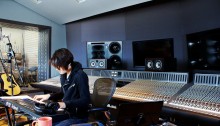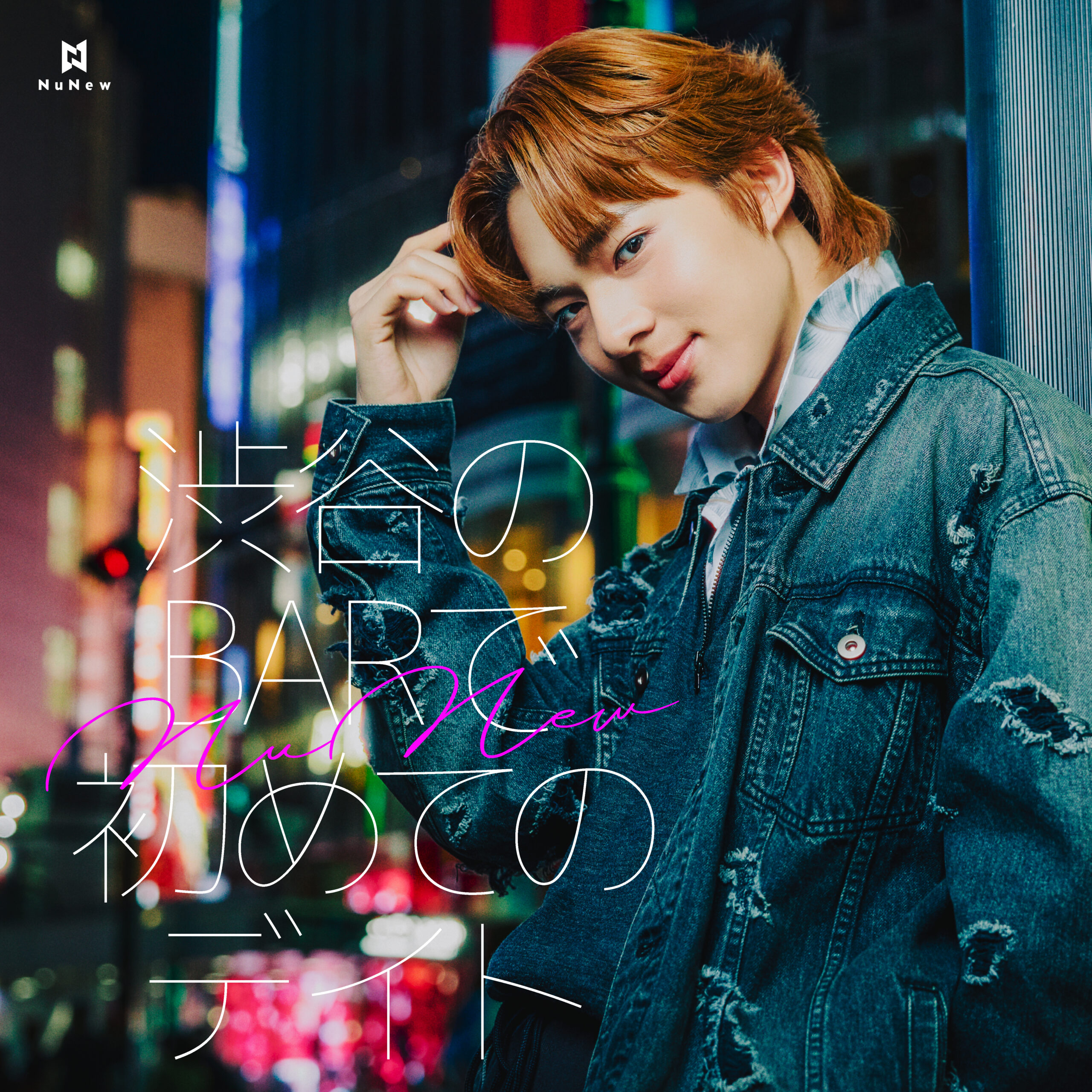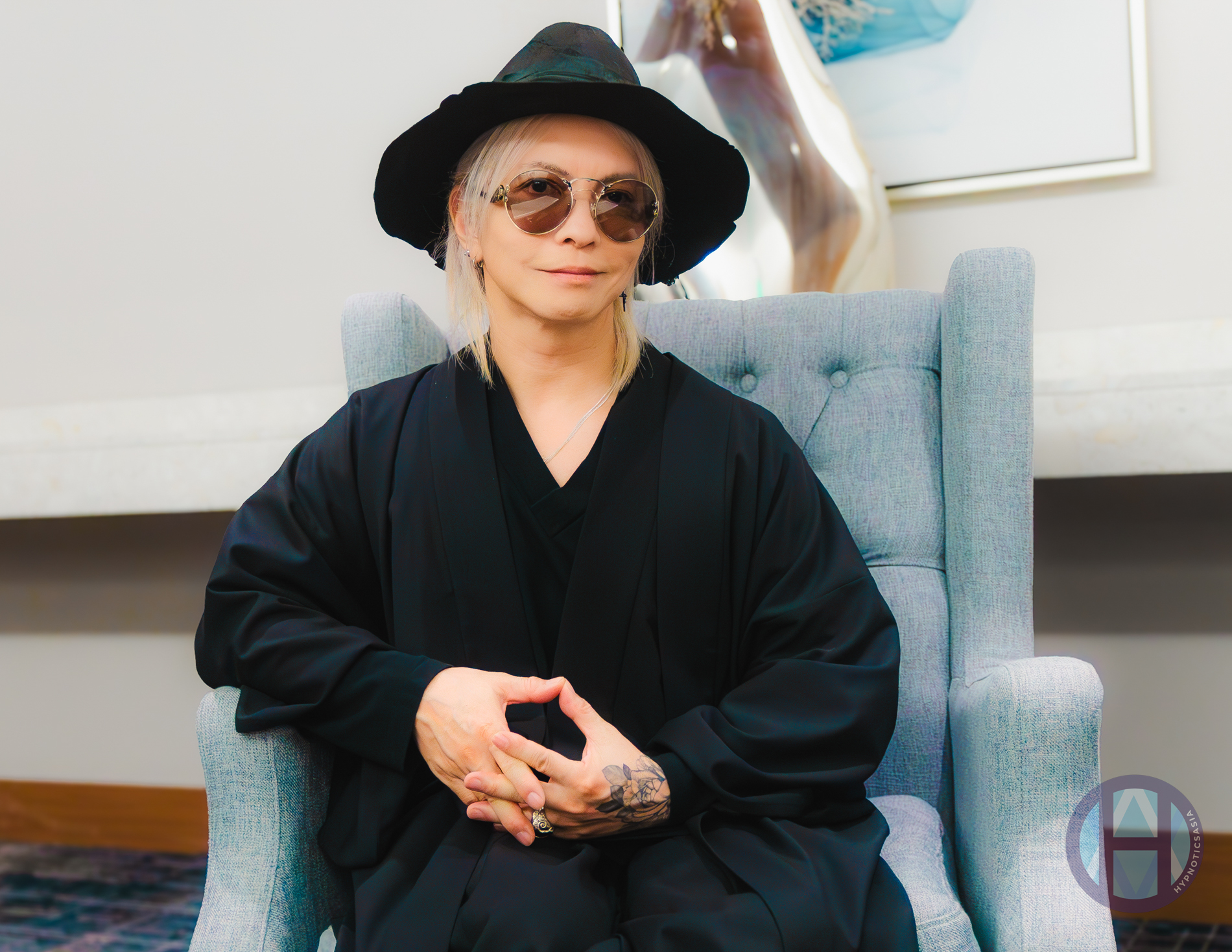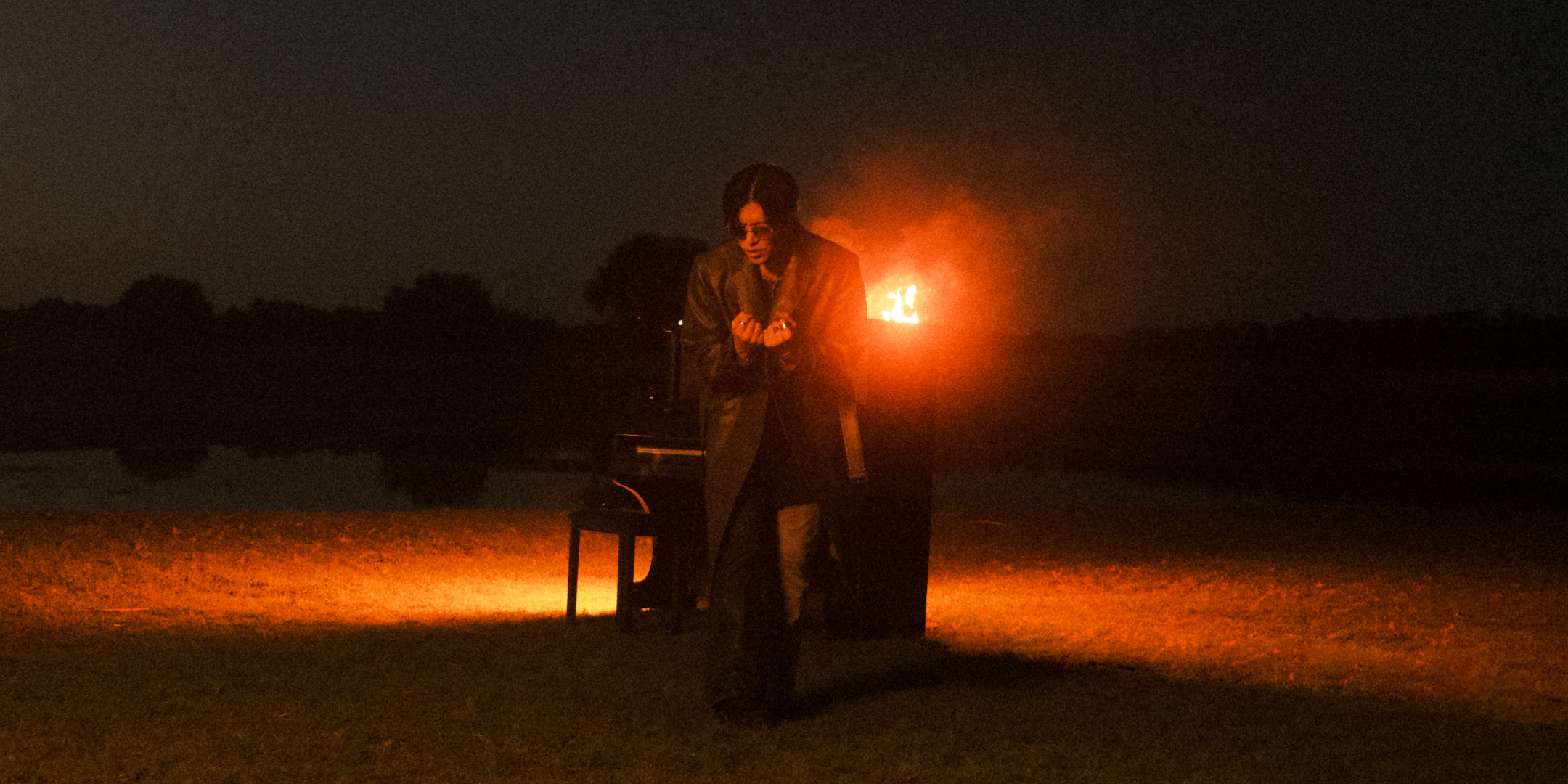Steven Lee, multi-platinum music producer, songwriter, founder of STUDIO NES(BMI) music production and a chief music director at Essel Music Publishing agreed to an exclusive interview with HypnoticAsia. Lee has been working in the J-Pop and K-Pop music industry, and has worked with numerous successful artists in Japan and Korea.The multi-platinum music producer has worked with some of Asia’s top artists including, Super Junior, Girls’ Generation, KAT-TUN, SS501, Rain(Bi), 4Minute, B1A4, Kis-My-Ft2, and many more artists.
The Interview with Steven Lee: The Man Behind The Music
1) What is your story? How did you get started in the music industry?
I started playing piano when I was five (5), and then I was in a punk/progressive rock band in high school, playing guitar. Music has always been a part of my life. When I was seventeen(17), I entered “Star Search” audition in Los Angeles and won as a Music Producer. Then I started working in a recording studio in Hollywood (Los Angeles), California named Studio56, where Elvis Presley, Christina Aguilera, etc… recorded their numerous world hit albums.
2) Was it always your dream to become a music producer?
Since I was in middle school, I originally wanted to form an Electro-Techno rock band. I was young, but I think I already knew that finding the right person to work together was more important; just like finding a lifetime business partner when you start a new business… I didn’t want to start it until I could do “all-in” because I was very serious about doing my own act all the time. I remember putting so many ads on local newspapers in Los Angeles and Orange County areas, finding good mates to start together, but it was hard to find the right ones who have the same vision and musical color as I. As a result, I began to do everything myself, from the writing, to the recording and the mixing, then I realized I liked producing more.
3) Where do you get the inspiration to write and produce songs?
I get inspiration from everywhere, randomly. For example, one of my biggest hits was actually written when I was helping my mother clean her work place. I always had a small recorder with me (it was before ‘cellphone era” haha) so I could record ideas immediately whenever it comes to my mind.
4) Do you have an artist already in mind when you write or produce music?
Most of the time, yes.
5) Which do you prefer, co-writing or writing on your own? Do you have a full producing team or do you work alone?
I love doing both. I used to write alone for the Japanese and Korean market, but now I do many co-writings as well because its really fun. At the same time, I still learn a lot from my co-producers and co-writers in sessions.
6) What is some equipment you use when producing music?
I have more than 10 keyboards and 10 guitars in my music lab. Sometimes, I make a song with just a laptop and headphones. Thanks to new technology.
7) How would you describe your music?
I think my music is in between the American, the Japanese, and the Korean music scenes. I think this is my greatest strength since I understand all three (3) markets well. ( I was born in Korea, raised in California, and worked in Japan for more than 10 years.)
8) Did your view on music changed from when you were younger to now, a world-known music producer?
Not really. I simply believe good music is good music.
9) How did you start writing and producing music for artists in Asia?
Well, I’m Asian (haha). I had a chance to give my demo CD to a successful Italian-American producer/songplugger who was very big in Japan when I was working in a recording studio in Los Angeles. Then, one of my first Japanese songs was recorded by an unknown group at the time, KAT-TUN. After a year, their first (1st) album sold over half-million copies in the first (1st) week of release in Japan and ranked #1 on the United World Chart beating Prince’s new album. I was only 18 years old at the time, so I was very lucky.
10) What’s the hardest thing about producing music for artists around the world?
I think understanding the market and the artists is the hardest and most important thing. Before I start a session, I always try to spend enough time on researching the artist on Google and YouTube because I need to make sure I’m going with the right direction for this new project. I think it’s like buying a birthday gift for your friend; you need to know what size he or she wears and what style and color he or she likes, before you shop.
11) What would you say is the difference between working with artists in Asia versus working with artists elsewhere?
All countries have their own market and they are all different, as I mentioned above (#10). I think Asia still has a big Karaoke culture, but unlike Asia, American and European music is more based on club scene. It is hard to put both in one song, so sometimes it’s better to just choose one direction (more vocal melodies with many chord changes for Asia, or straight melody with no chord changes for America.)
12) With so many number one hit songs, how does it feel every time you see that #1 by your song? How do you feel when hearing your music on the radio/TV?
I feel very blessed. In fact, TV and radio are the only sources where I listen to my songs because I usually don’t play my songs myself when they’re released. It’s probably because I’ve been listening to them over and over many times during the recording and mixing.
13) What is your current work schedule like?
I put no clock in my studio. It’s always dark, so it’s hard to check the time unless I check my watch or cellphone. So my work schedule is very random and flexible. I sleep when I need to, then I work in the studio all the time, no matter what time it is.
14) If you could pick one artist to work with that you haven’t already, who would it be and why?
I’m a big fan of Chris Brown. As a producer/songwriter, I always dreamed of working with an artist who can really sing and dance. Actually, I received a direct message from Chris Brown on Facebook a few months ago, asking for some songs. But later, I found out it was a fake account, haha.
15) If you weren’t a music producer, what would you be doing instead?
Maybe a bad singer-songwriter. I’m not a good singer, but love to demo vocals myself. I’ve done some background vocals for several #1 records too.
16) What do you do on your free time, outside of music?
I travel a lot. My dream is to visit all the countries of the world. Last year, I traveled to England, Denmark, Sweden, Greece, France, Mexico, Dominican Republic, and Iceland; I had so much fun. This year, I’m planning a 2 or 3 month-long road trip from Istanbul to Spain with my close friend in Germany. I’m also planning another road trip in North America with my good brother Kyu-Jong (of SS501) in the future.
17) What types of songs are on your playlist right now?
All the new songs I’m working on now. Monitoring is also a very important part of producing. Even if you think it’s already done, sometimes producers get more ideas later to make it sound even better. Until I’m completely satisfied, I always try to listen to them again and again whenever I can.
18) If you could give advice to an up and coming producer and songwriter, what would it be?’
Keep learning, learning, and learning! And always work hard.
MORE ARTIST’S STEVEN LEE HAS WORKED WITH: KAT-TUN, SS501, Kim Hyun Joong, Heo Young Saeng, Hey! Say! JUMP, SHINee, Super Junior, TVXQ, SNSD, f(x), Rain, Kis-My-Ft2, Chocolat, B1A4, Rainbow, 4Minue, Lee Jun Ki, Enomoto Atsuko, Lee Hyori, Jewelry, Yuya Asaoka(Field Of View), US5, Johnny’s Jr., W, Aikawa Nanase, Wheesung, V6, F.T. Island, A-JAX, Sexy Zone, Biyuden(Morning Musume), Takizawa Hideaki (Tackey & Tsubasa), Van Tomiko (Do As Infinity), Varsity Fanclub (After Romeo), Ian Tomas, Park Yong Ha, Vincent Thomas, J Burney, Tre Scott (O-Town), and many more.
Liked his interview? Well check out more about him through his official site and keep in touch with the producer through Twitter to see what he’s working on.
Official Site: www.studio-nes.com/
Twitter: @RealStevenLee







